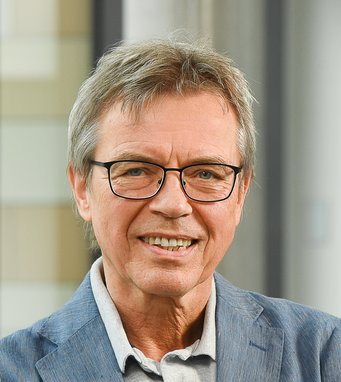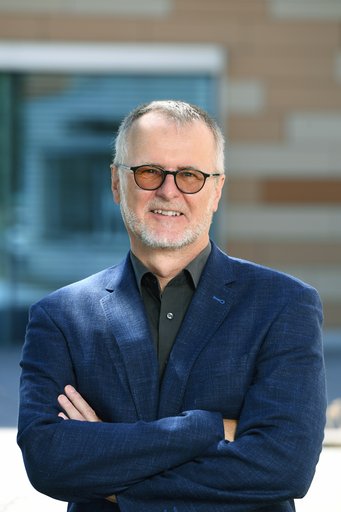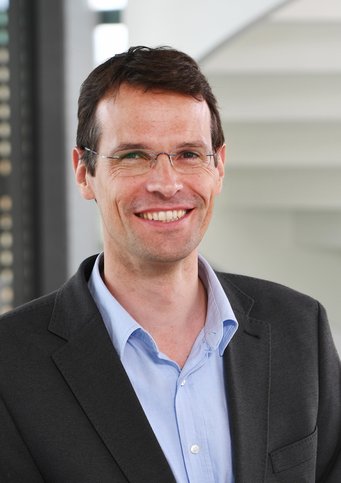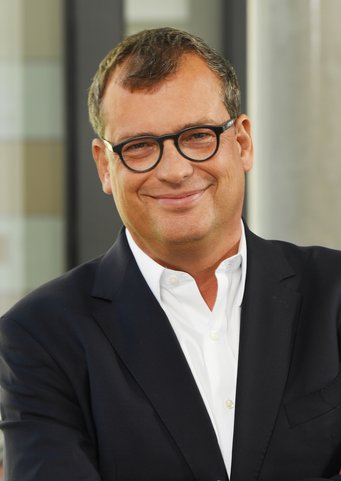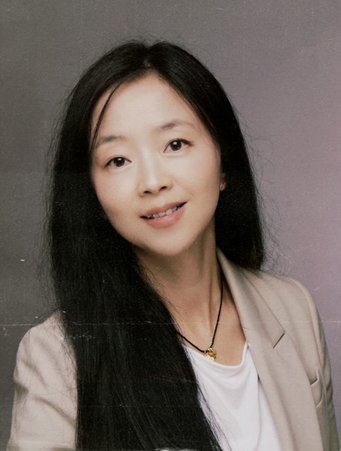Directors and research fellows from 1997 until today
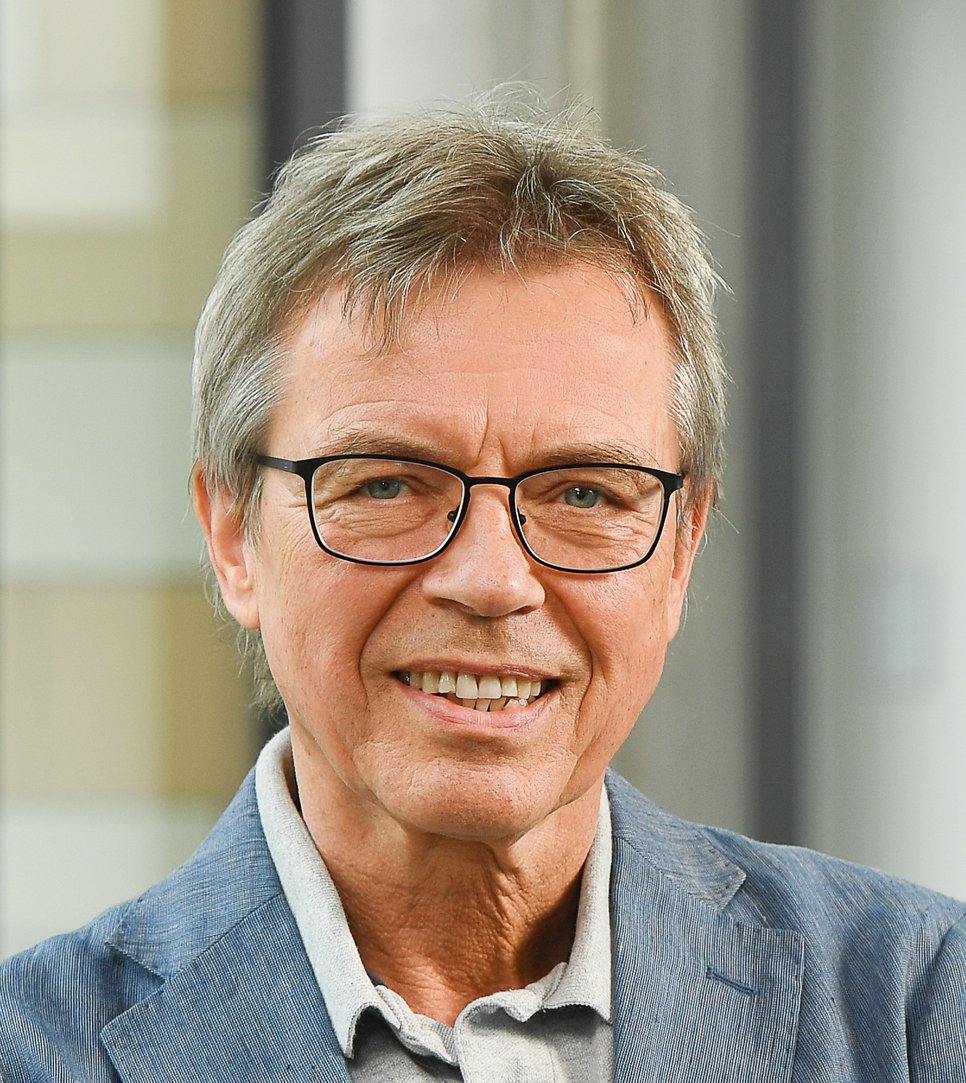
Johannes Lelieveld (born in 1955) studied in the Netherlands at the Faculty of Mathematics and Natural Sciences of the University of Leiden. He completed his doctorate in 1990 at the Faculty of Physics and Astronomy at the University of Utrecht from. From 1991 to 1992 he worked at the Meteorological Institute of the University of Stockholm and at the Scripps Institution of Oceanography of the University of California, San Diego. In 1993 he took over a professorship for "Air Quality" at the University of Wageningen. From 1996 on, he worked for four years as a professor of "Atmospheric Physics and Chemistry" at the University of Utrecht. Lelieveld succeeded Paul Crutzen as Director of the Atmospheric Chemistry Department in the year 2000. His department's research focuses on the oxidation force and chemistry of atmospheric elements and their influence on the climate. Lelieveld and his staff study the formation and decomposition of oxidation agents, such as ozone and radicals, in both laboratory and field experiments. The oxidation processes are particularly efficient in the troposphere in low latitudes, where the intensity of the sun's radiation and the trace elements' influence on the climate are at their highest. The measurements are used to test computer models which simulate the chemical and physical processes in the atmosphere. In turn, the models are used to study the influences of nature and humans on the Earth's atmosphere and climate. Johannes Lelieveld retired in August 2025.
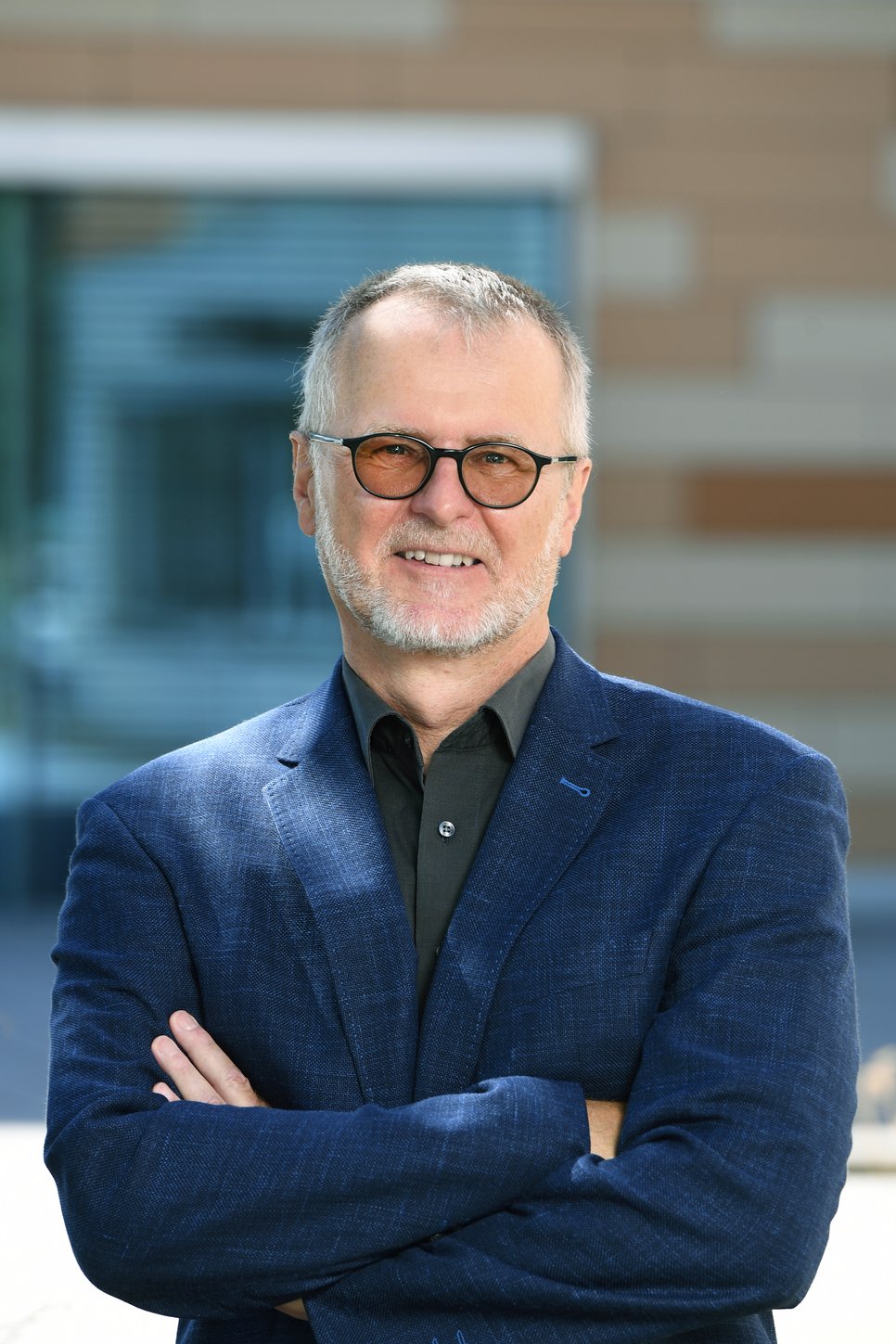
Stephan Borrmann (born in 1959) completed his PhD in physics focusing on Experimental Meteorology at the Johannes Gutenberg University in Mainz in 1991. Afterwards he worked as postdoctoral fellow of the Advanced Study Program of the University Corporation of Atmospheric Research (UCAR) at the National Center for Atmospheric Research (NCAR) in Boulder/CO/USA. From 1998 to 2000 he headed the Research Group for aerosols of the Institute of Chemistry and Dynamics of the Geosphere at Research Centre Jülich GmbH. In 1999 he completed his habilitation in the field of meteorology. In 2001 Stephan Borrmann was appointed Director of the newly founded Cloud Physics and Chemistry Department. (The Department was renamed in 2005, becoming the Particle Chemistry Department). At the same time, Mr. Borrmann was appointed Professor of Experimental Meteorology in the Physics Department of Mainz University. The department's research activities focused on physical and chemical processes in clouds, with a particular focus on polar clouds in the border region between the troposphere and the stratosphere. Mass spectrometric measurement techniques, where individual aerosol or cloud particles are evaporated thermally or using an intensive laser flash, are used to analyze the chemical composition of the resultant ion cloud. This research is expected to clarify, among other things, to what extent the emissions and associated vapor trails of airplanes influence natural cloud formation and the chemistry of the atmosphere. Stephan Borrmann retired in 2025.
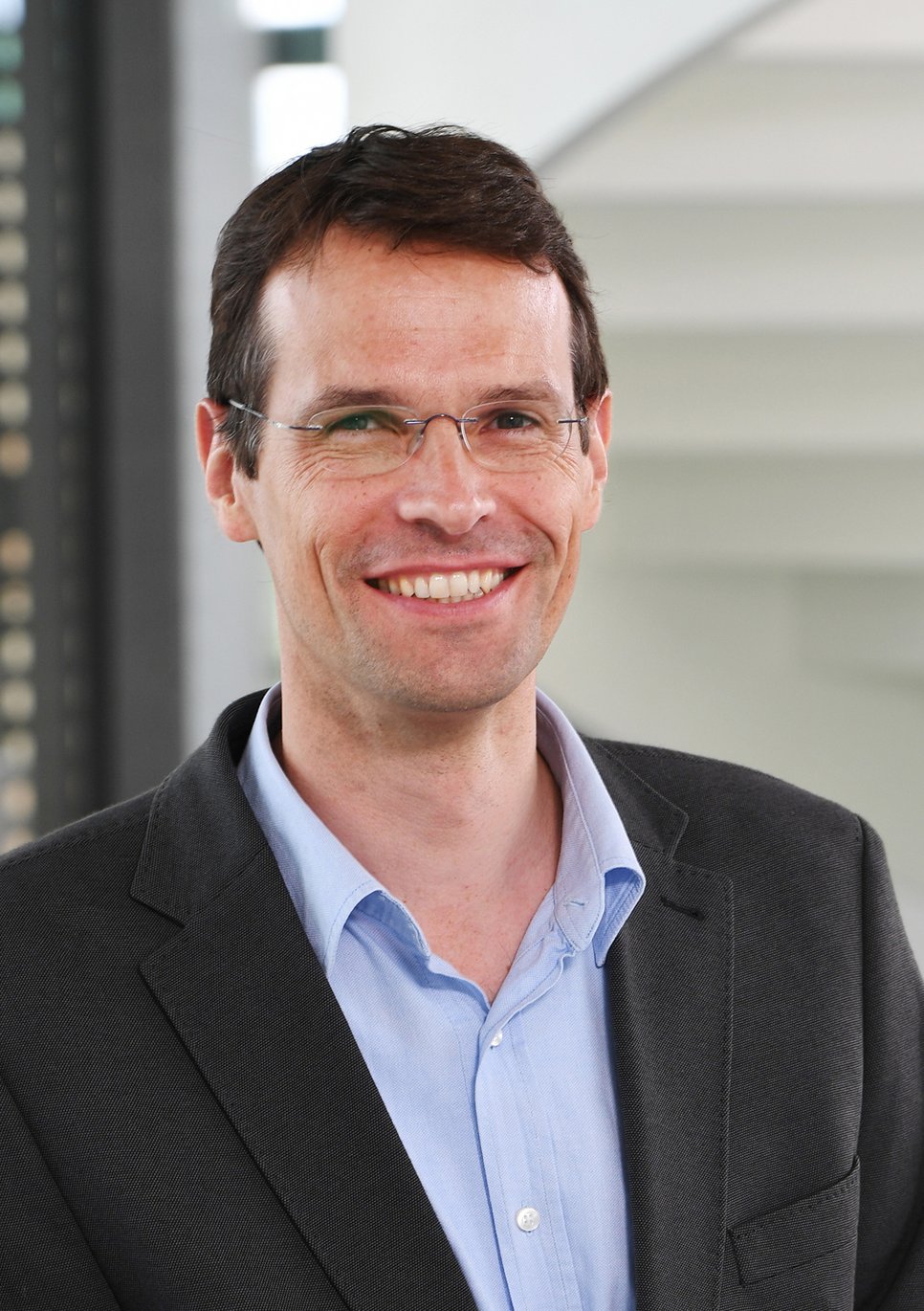
Ulrich Pöschl (born 1969) studied chemistry at the Technical University of Graz in Austria, and received his PhD in 1995 at the Institute of Inorganic Chemistry. From 1996 to 1997 he worked as a postdoctoral fellow at the Massachusetts Institute of Technology, Cambridge, USA. From 1997 to 1999 worked as a research associate at the Max Planck Institute for Chemistry in the Department of Atmospheric Chemistry and then moved to the Institute of Water Chemistry at the Technical University in Munich and completed his habilitation. In 2005 he returned to the MPI for Chemistry and headed until 2012, a research group in the Department of Biogeochemistry. Since 2007 Pöschl also teaches at the University of Mainz. In 2012 Ulrich Pöschl became director of the newly founded Multiphase Chemistry Department. His research interests encompass the interactions of gases, liquids and solid matter and their effects on the Earth, climate and human health. Focal points are organic and biological aerosols; interactions of aerosols, clouds and precipitation; reactive oxygen and nitrogen species; proteins and related biomolecules; inflammation processes, allergies, and related interactions of atmospheric chemistry and physiology. Pöschl is a faculty member of the Department of Chemistry, Pharmacy and Geosciences and of the Max Planck Graduate Center with the Johannes Gutenberg University Mainz. Moreover, Pöschl is internationally and successfully engaged in the promotion of open access and public peer review (multi-stage open peer review). He is the initiator and chief editor of the interactive open access journal „Atmospheric Chemistry and Physics“ (ACP) and supported the foundation of numerous open access sister journals with public peer review and interactive discussion on the internet. committee and council member of the European Geosciences Union (EGU).
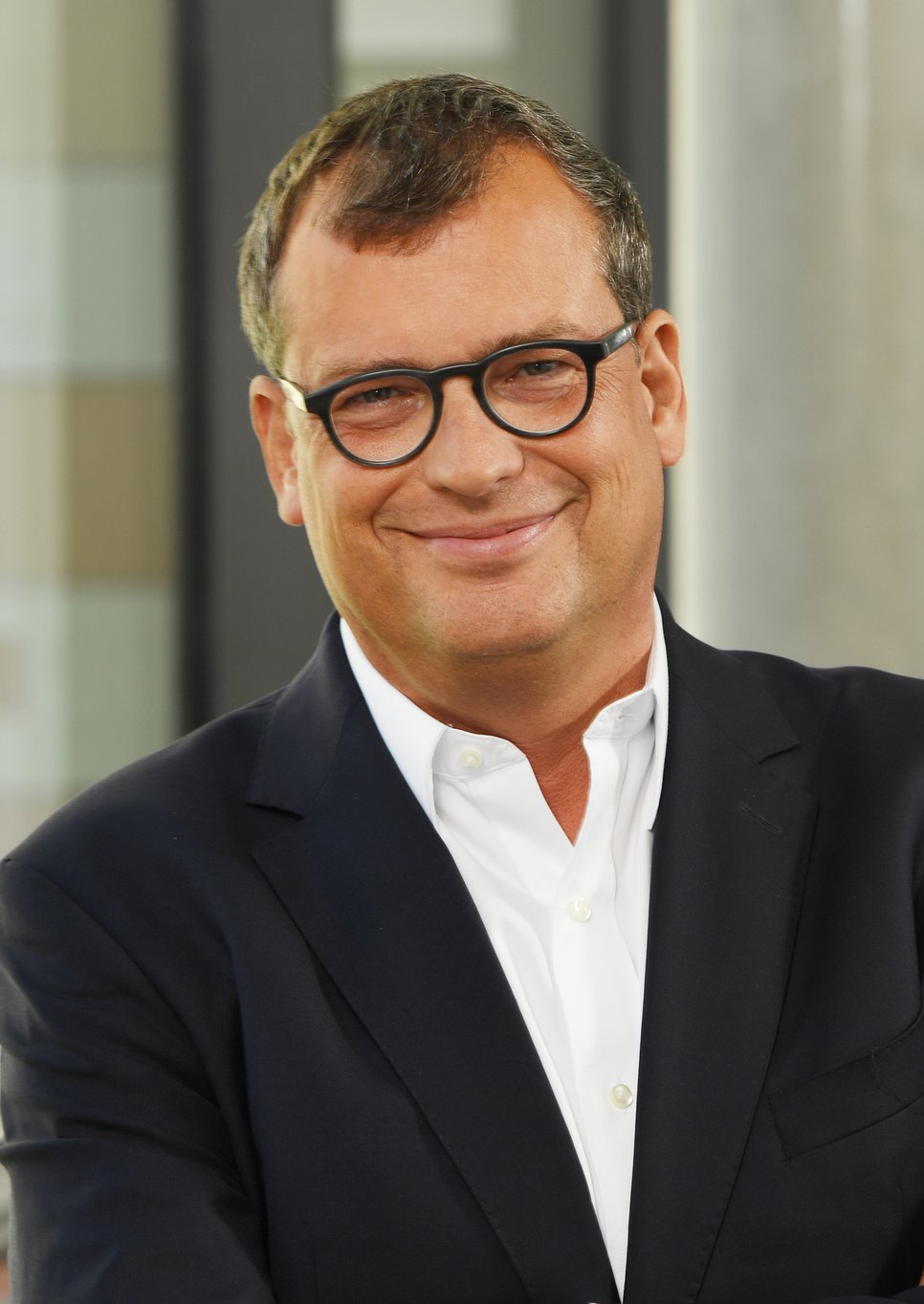
Gerald H. Haug (born 1968) received his doctorate degree in 1995 from the University of Kiel. In 2003 he became a professor at the University of Potsdam and Head of the Department Climate Dynamics and Sediments at the German GeoForschungsZentrum. In 2007 he received the 2.5 million Euro worth Gottfried Wilhelm Leibniz Prize and was appointed professor of Climate Geology at the ETH Zürich. Since the beginning of 2015 Gerald Haug is director of the newly founded Department of Climate Geochemistry at the MPI for Chemistry. His department focuses on the processes and interactions of the climate, ocean, and atmospheric system of the last 65 million years, called the Cainozoic. In order to determine the mechanisms and causes of drastic changes in environmental conditions, the department uses different geochemical methods. For example light stable isotope measurements of foraminifera (unicellular microorganisms), isotope analyzes of biomarkers and trace metals and high-resolution nondestructive analytical techniques (XRF scan).
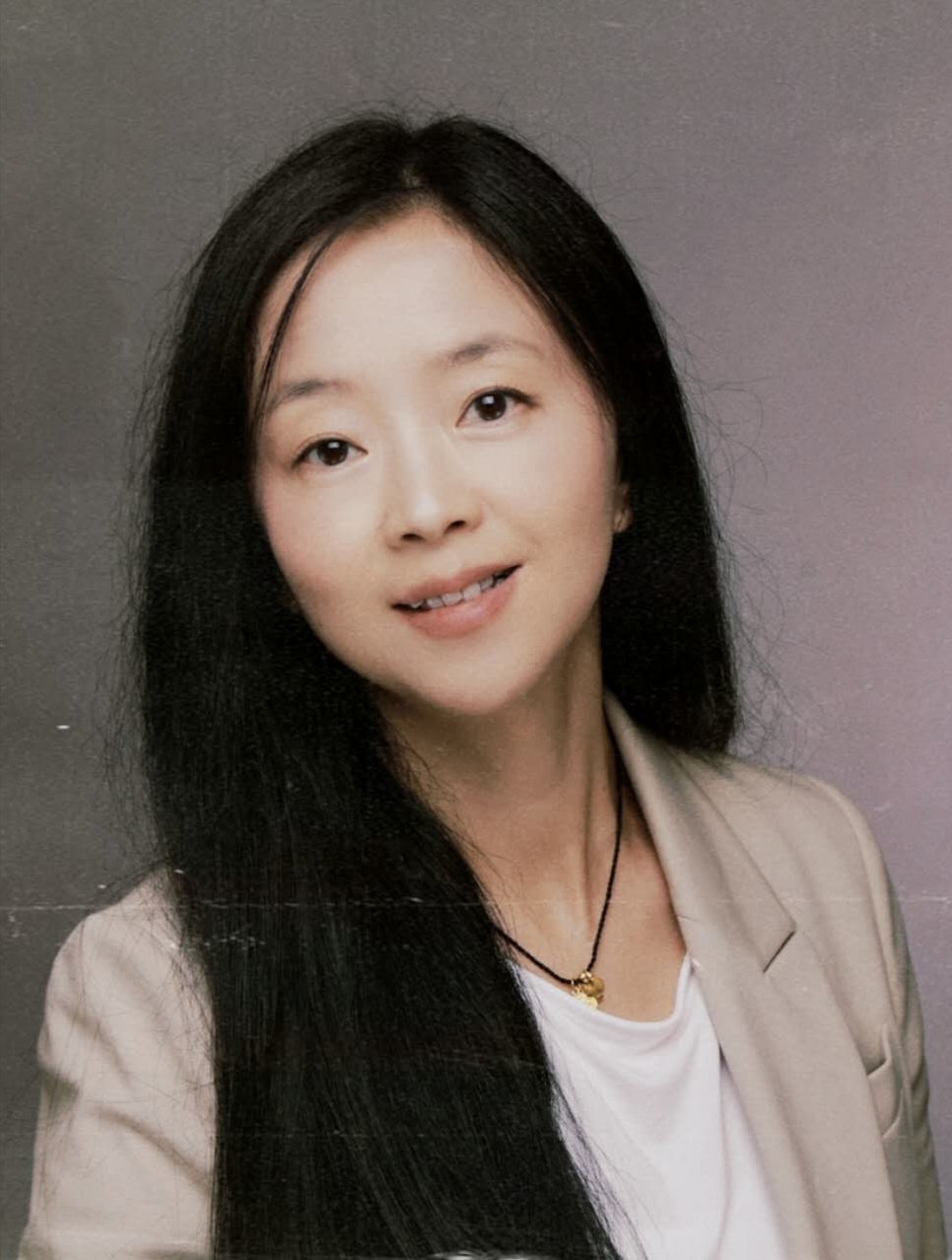
Yafang Cheng (born 1979) studied Environmental Sciences and Aerosol Physics in Wuhan and Beijing, China, and Leipzig, Germany. In 2007, she completed her doctorate in Natural Sciences from Peking University. Following her doctoral studies, she returned to the Leibniz Institute for Tropospheric Research in Leipzig as a postdoctoral researcher (2007 to 2009) followed by a position at the University of Iowa (2009 to 2011). From 2011 to 2013, She held an assistant professorship at Peking University (2011-2013). In 2013, Yafang Cheng joined the Max Planck Institute for Chemistry in Mainz, leading an independent Minerva Research Group from 2014 to 2024. In 2024, she was appointed Director and Scientific Member at the Max Planck Institute for Chemistry. Additionally, since 2023, she has held a guest professorship at Peking University. Yafang Cheng develops and integrates advanced experimental methodologies, multi-scale modeling approaches, and machine learning techniques to advance the fundamental theories of the physical chemistry of nanoparticles and microdroplets. The departments research aims to achieve a mechanistic understanding and quantitative prediction of aerosol processes and their impacts on air quality, public health and climate.
